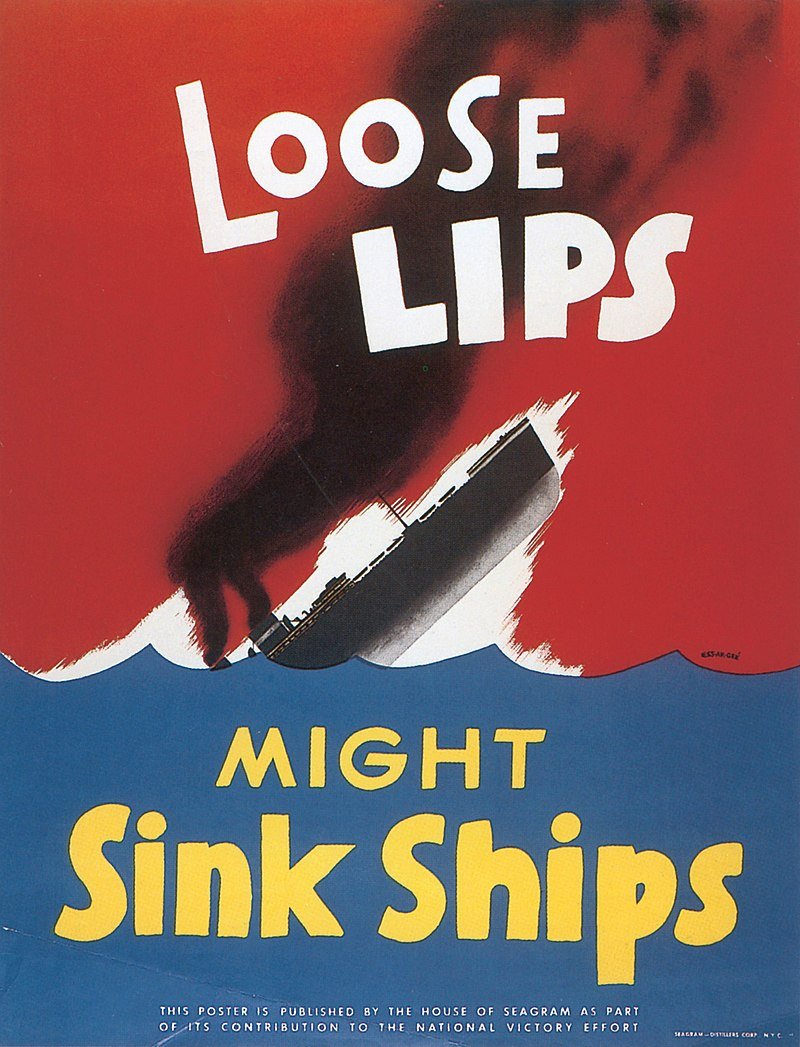[GUEST ACCESS MODE: Data is scrambled or limited to provide examples. Make requests using your API key to unlock full data. Check https://lunarcrush.ai/auth for authentication information.]  Marconius Solidus #FreeSamourai [@M_Solidus](/creator/twitter/M_Solidus) on x 10.4K followers Created: 2025-07-09 12:29:00 UTC There is at least one Cryptocurrency related attack per month on average. Some are quick theft on gunpoint, other end up with torture and blackmail. Don't want to be the next one? Time to learn some OPSEC. Cryptocurrency OPSEC 101: Before we start, please RT this post. It helps to spread the message. If you don't trust me on the statistics, take a look at the source bellow. When you force someone to transfer you money, it can be reverted. Nobody carries cash... and as cryptocurrencies become more popular, they're also more interesting for criminals. You might think you're not a target, but you don't need to be memecoin millionaire to become one. X. STOP USING CENTRALIZED EXCHANGES THAT REQUIRE KYC KYC - It's the process of uploading photo of your drivers license/passport/ID when you're buying crypto on Centralized exchange. Which exchanges are centralized? For example Coinbase, Binance, Gemini, Kraken and others. You might ask, what's the problem with this? You've just connected your identity with Crypto that is supposed to be pseudonymous or anonymous. What can happen next? Exchange records can leak together with: • who you're • how much crypto to you have • possibly where you live Get your Crypto the nonKYC way. How? • ATMs • Meetups • Exchanges like @RetoSwap, @Bisq... (check out @kycnot) • Earn it by providing service, selling product or mining it X. KEEP IT LOWKEY • Don't post about your crypto bags on social media • Be cautious about discussing crypto in public • Be cautious in places like meetups and conferences Don't flex your bags. Don't posts screenshots of your wallet. Don't brag. Anybody who is in the true member of the community will never ask you "Bro, how much monero you have?" Before you develop some common sense in who is friend or who is foe, rather be safe than sorry. What I also see are people wearing T-Shirts with Bitcoin logo on it. This is like a magnet for criminals. X. USE MONERO Your physical OpSec might be on point, but majority of cryptocurrencies have public ledgers. This means that anybody can see your transactions. You pay for some stuff online with BTC, get it delivered to your home address... But Monero is completely private. These were just basics. If you're looking to learn more, I'm writing posts like this every week. Digital Privacy, Security, Financial Privacy, Linux, FOSS and sometimes my personal takes. Interested? Follow me @M_Solidus for more. Stay Private. Not only Online. Marconius Solidus  XXXXX engagements  **Related Topics** [cryptocurrency](/topic/cryptocurrency) [Post Link](https://x.com/M_Solidus/status/1942923943805128750)
[GUEST ACCESS MODE: Data is scrambled or limited to provide examples. Make requests using your API key to unlock full data. Check https://lunarcrush.ai/auth for authentication information.]
 Marconius Solidus #FreeSamourai @M_Solidus on x 10.4K followers
Created: 2025-07-09 12:29:00 UTC
Marconius Solidus #FreeSamourai @M_Solidus on x 10.4K followers
Created: 2025-07-09 12:29:00 UTC
There is at least one Cryptocurrency related attack per month on average.
Some are quick theft on gunpoint, other end up with torture and blackmail.
Don't want to be the next one? Time to learn some OPSEC.
Cryptocurrency OPSEC 101:
Before we start, please RT this post. It helps to spread the message.
If you don't trust me on the statistics, take a look at the source bellow.
When you force someone to transfer you money, it can be reverted. Nobody carries cash...
and as cryptocurrencies become more popular, they're also more interesting for criminals.
You might think you're not a target, but you don't need to be memecoin millionaire to become one.
X. STOP USING CENTRALIZED EXCHANGES THAT REQUIRE KYC
KYC - It's the process of uploading photo of your drivers license/passport/ID when you're buying crypto on Centralized exchange.
Which exchanges are centralized?
For example Coinbase, Binance, Gemini, Kraken and others.
You might ask, what's the problem with this?
You've just connected your identity with Crypto that is supposed to be pseudonymous or anonymous.
What can happen next?
Exchange records can leak together with: • who you're • how much crypto to you have • possibly where you live
Get your Crypto the nonKYC way.
How? • ATMs • Meetups • Exchanges like @RetoSwap, @Bisq... (check out @kycnot) • Earn it by providing service, selling product or mining it
X. KEEP IT LOWKEY
• Don't post about your crypto bags on social media • Be cautious about discussing crypto in public • Be cautious in places like meetups and conferences
Don't flex your bags. Don't posts screenshots of your wallet. Don't brag.
Anybody who is in the true member of the community will never ask you "Bro, how much monero you have?"
Before you develop some common sense in who is friend or who is foe, rather be safe than sorry.
What I also see are people wearing T-Shirts with Bitcoin logo on it. This is like a magnet for criminals.
X. USE MONERO
Your physical OpSec might be on point, but majority of cryptocurrencies have public ledgers. This means that anybody can see your transactions. You pay for some stuff online with BTC, get it delivered to your home address...
But Monero is completely private.
These were just basics.
If you're looking to learn more, I'm writing posts like this every week.
Digital Privacy, Security, Financial Privacy, Linux, FOSS and sometimes my personal takes.
Interested? Follow me @M_Solidus for more.
Stay Private.
Not only Online.
Marconius Solidus

XXXXX engagements
Related Topics cryptocurrency